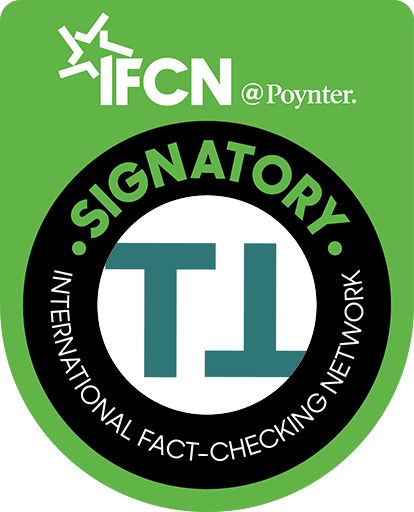In early June, European Commission President Ursula von der Leyen posted on Instagram a message to Bulgaria about readiness to join the Eurozone, using the phrase ‘ready’ in Bulgarian and English. However, on social media, there were misinterpretations of this message, with some users claiming the message had a negative connotation. The European Commission confirmed that Bulgaria meets all economic criteria for joining the Eurozone, but there is no enforcement mechanism to force euro adoption. These misinterpretations may stem from resistance among parts of the Bulgarian public to euro adoption, influenced by nationalist and pro-Russian groups. Bulgaria is still obligated to adopt the euro as part of EU integration, but there are no strict deadlines.
Political Perspectives:
Left: Left-leaning sources emphasize the importance of accurate information and criticize the spread of misinformation and nationalist rhetoric that fuels resistance to European integration. They highlight the benefits of joining the Eurozone for economic stability and investment, and stress the need for solidarity within the EU.
Center: Centrist sources focus on clarifying the facts about Bulgaria’s readiness to join the Eurozone and the legal framework governing euro adoption. They present balanced views on the political and economic implications, noting the voluntary nature of euro adoption timelines and the role of public opinion influenced by various political factors.
Right: Right-leaning sources may emphasize national sovereignty concerns and skepticism towards EU integration, highlighting the resistance within Bulgaria to adopting the euro. They might frame the misinterpretation as a reflection of legitimate public apprehension about economic impacts and loss of national control, often influenced by nationalist and pro-Russian sentiments.









